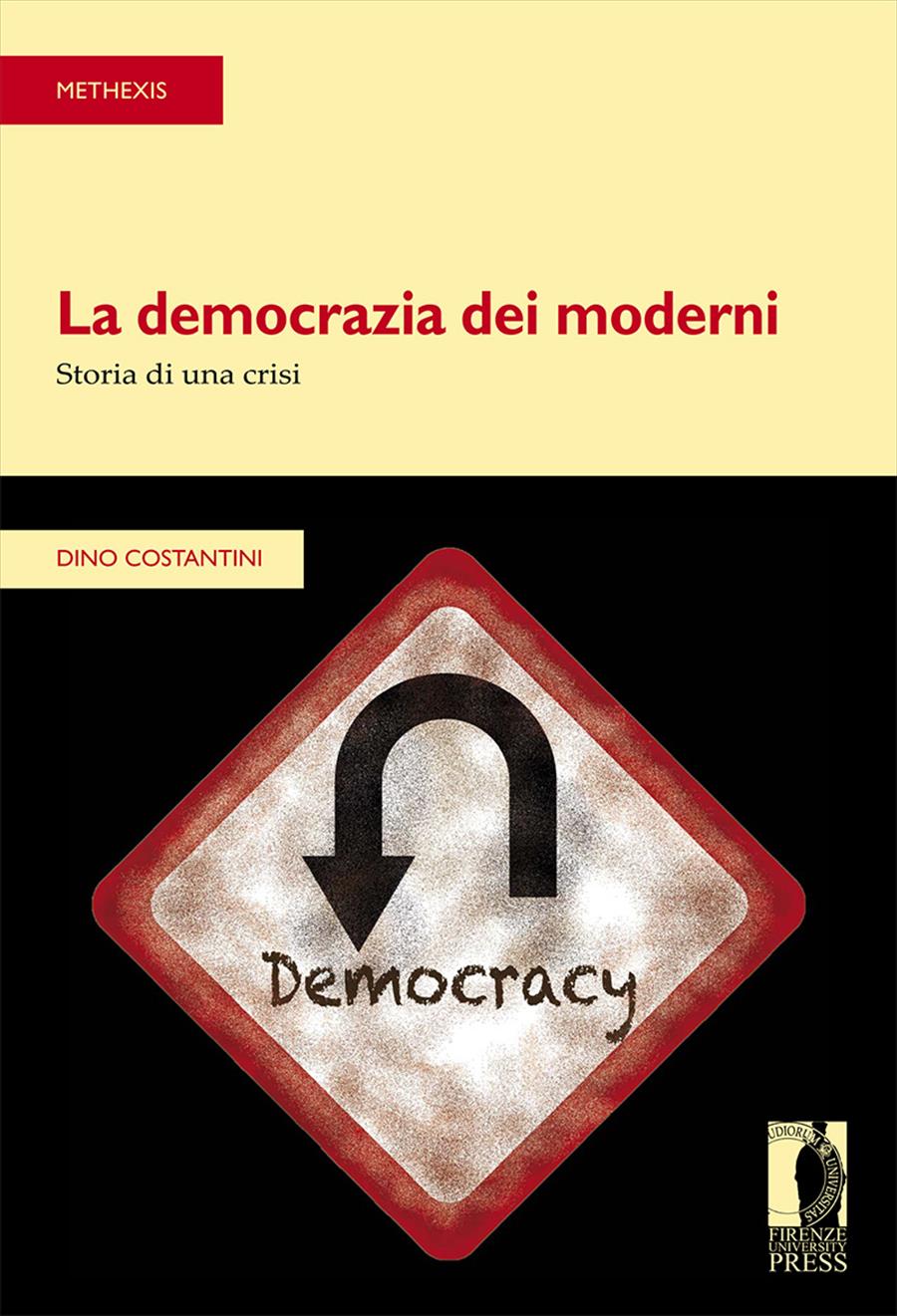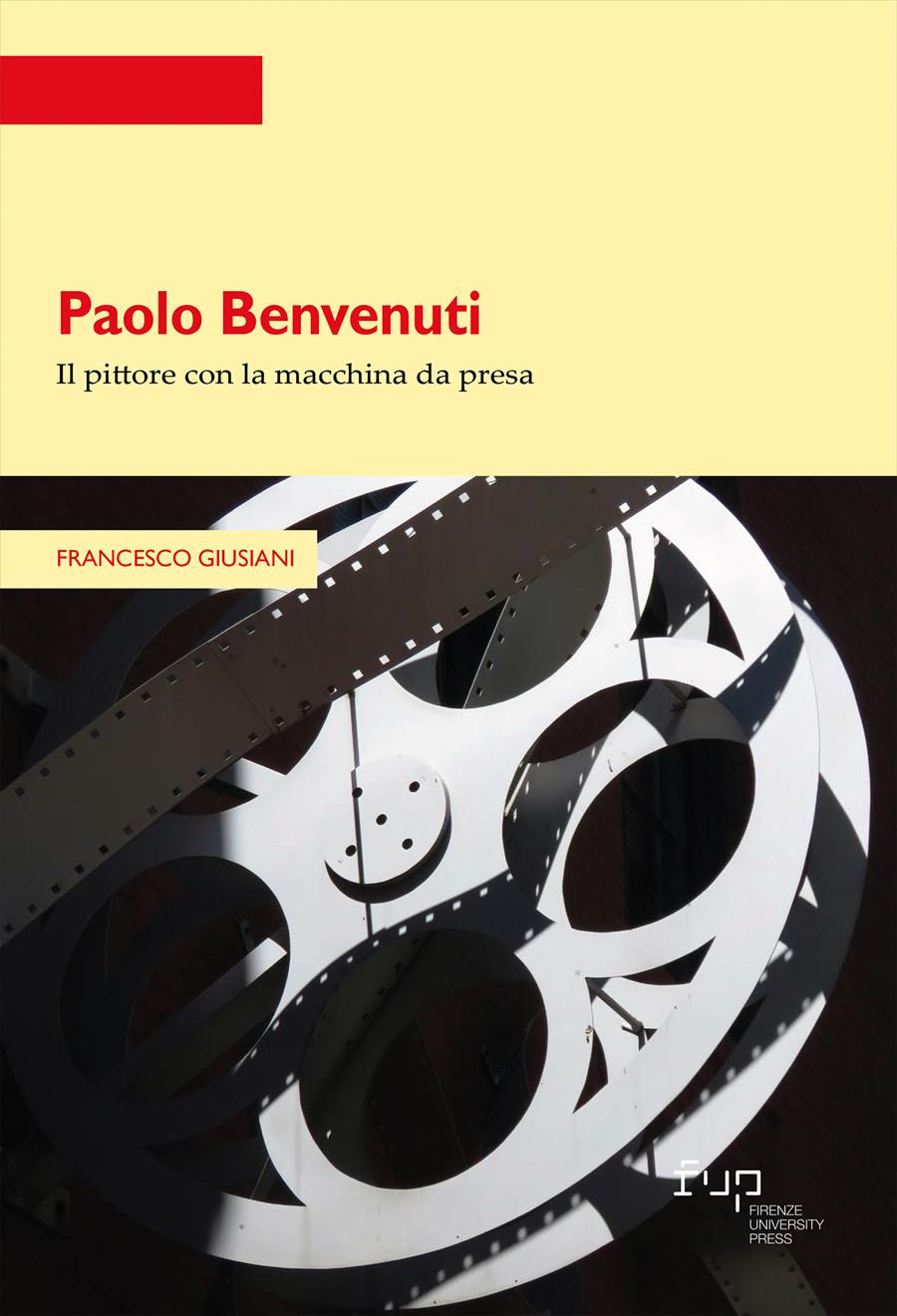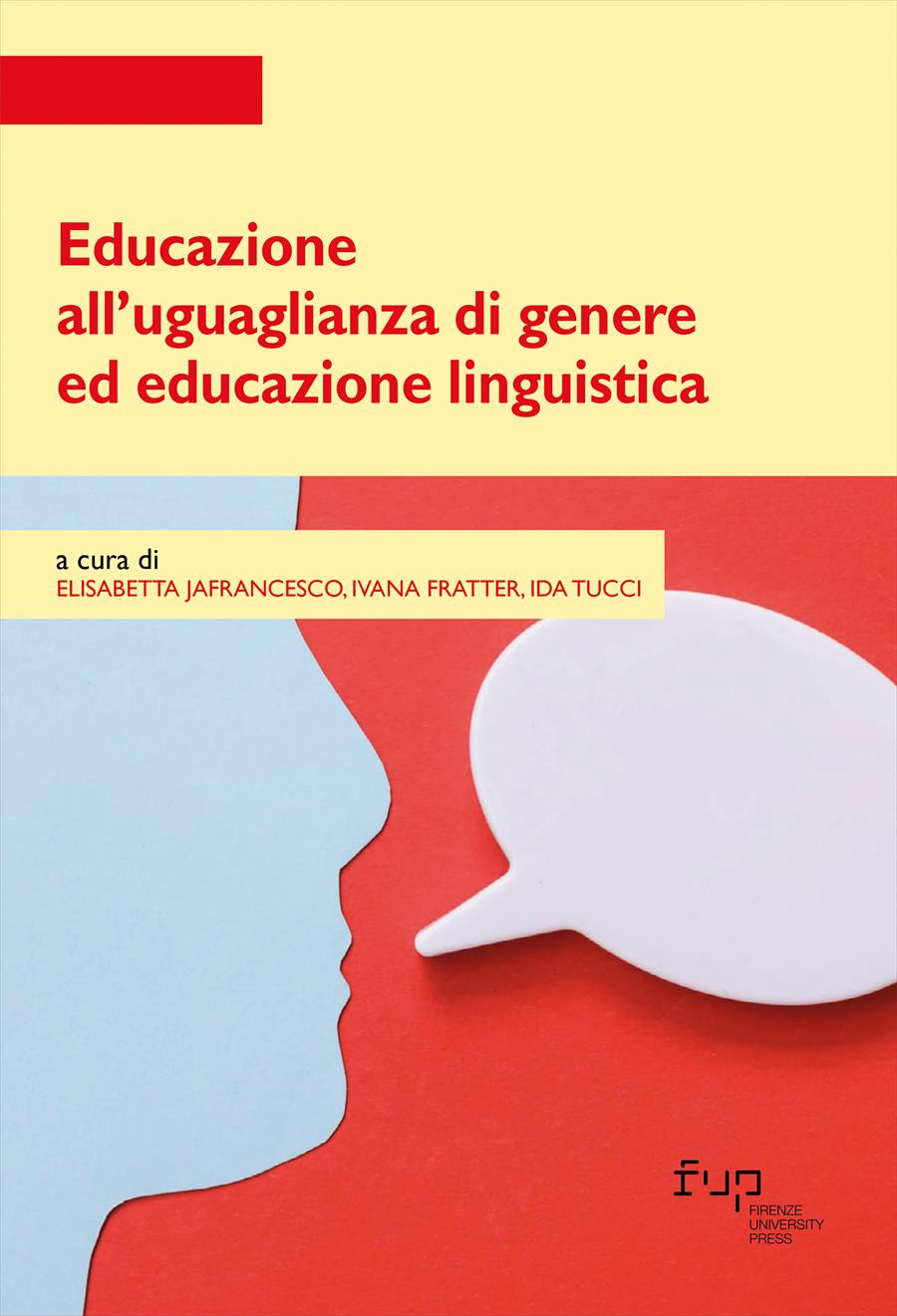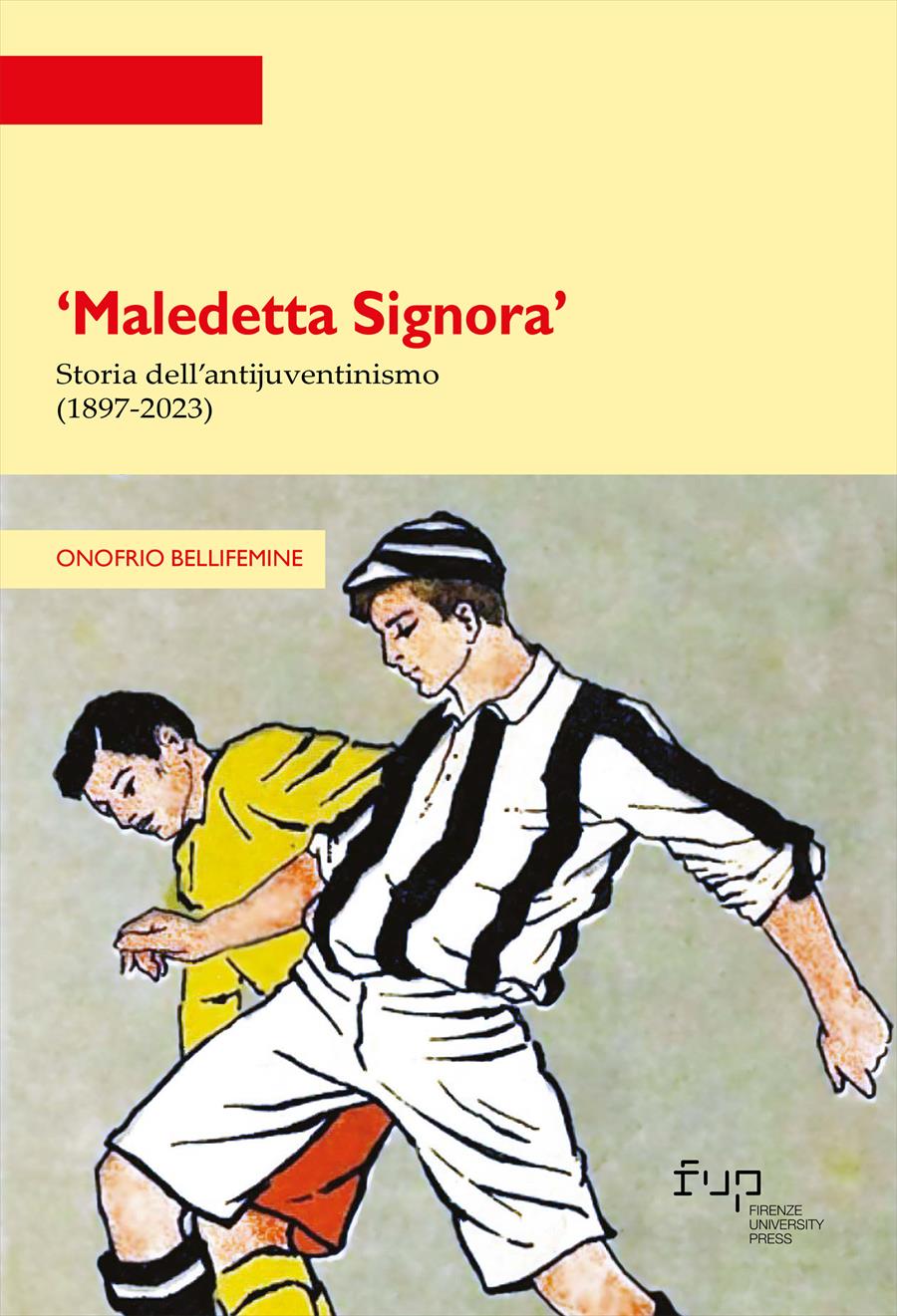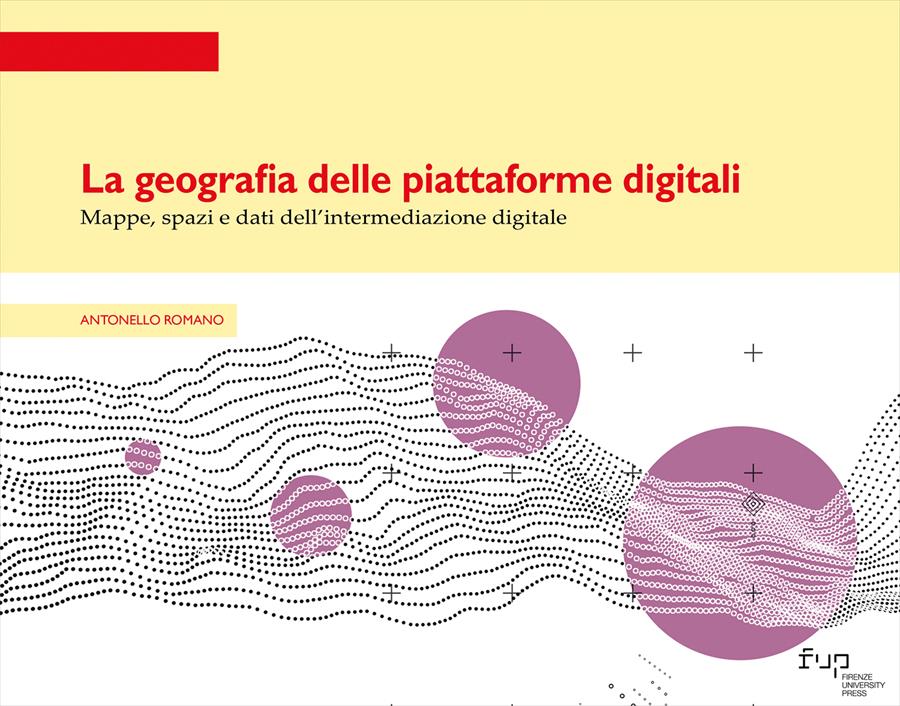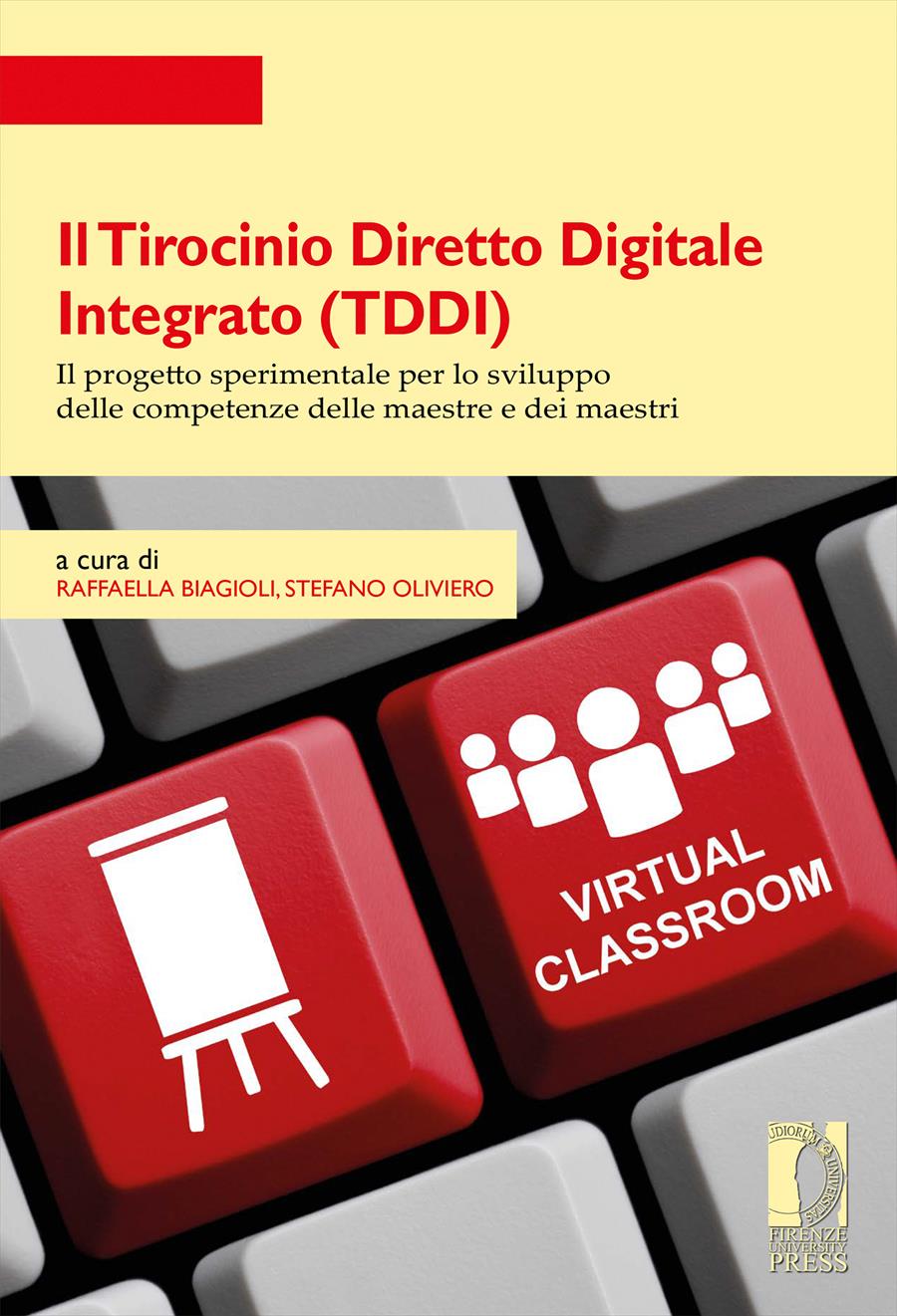La democrazia dei moderni
Storia di una crisi
- Dino Costantini,
Even though the crisis of the 'real' democratic institutions is increasingly evident, the democratic idea continues to be almost universally considered the only possible guarantee of the legitimacy of political systems. This apparent paradox reminds that, as Hans Kelsen already recognized, the worst risks for democracy originate from its ideological successes. It is precisely its establishment as a unanimously shared «watchword» that risks transforming democracy into a label lacking all historical depth and political urgency. By investigating the modern concept of democracy against the background of the institutional transformations that have accompanied its development, this work aims to deconstruct that aura of necessity with which present-day 'real' democracies love to be surrounded. Through an active comparison with the classics, the author takes into consideration some of the most trenchant critiques that modern democracy has attracted from the period of its invention to date, rounding off with an analysis of the present post-democratic reduction of institutions in the prime democracies. While recalling how the form historically assumed by the democratic institutions has always been the result of heated political debate, this book invites us to rethink the forms of democratic representation outside all naïve, pseudo-naturalistic modes of understanding: thus it would like to help recommence that process of invention of which a democracy not reduced to self-idolatry must consist.
- DOI: 10.36253/978-88-6655-231-4
- Series: Strumenti per la didattica e la ricerca
- Scientific Board: Methexis
- Language: Italian
- Subjects: Political Philosophy
Purchase
Ca' Foscari University of Venice, Italy
- Publication Year: 2012
- Pages: 190
- eISBN: 978-88-6655-231-4
- Content License: CC BY-NC-ND 3.0 IT
- © 2012 Author(s)
- Publication Year: 2012
- Pages: 190
- ISBN: 978-88-6655-230-7
- Content License: CC BY-NC-ND 3.0 IT
- © 2012 Author(s)
- Publication Year: 2012
- eISBN: 978-88-9273-546-0
- Content License: CC BY-NC-ND 3.0 IT
- © 2012 Author(s)
Bibliographic Information
Book Title
La democrazia dei moderni
Book Subtitle
Storia di una crisi
Authors
Dino Costantini
Peer Reviewed
Number of Pages
190
Publication Year
2012
Copyright Information
© 2012 Author(s)
Content License
Metadata License
Publisher Name
Firenze University Press
DOI
10.36253/978-88-6655-231-4
ISBN Print
978-88-6655-230-7
eISBN (pdf)
978-88-6655-231-4
eISBN (xml)
978-88-9273-546-0
Series Title
Strumenti per la didattica e la ricerca
Series ISSN
2704-6249
Series E-ISSN
2704-5870
